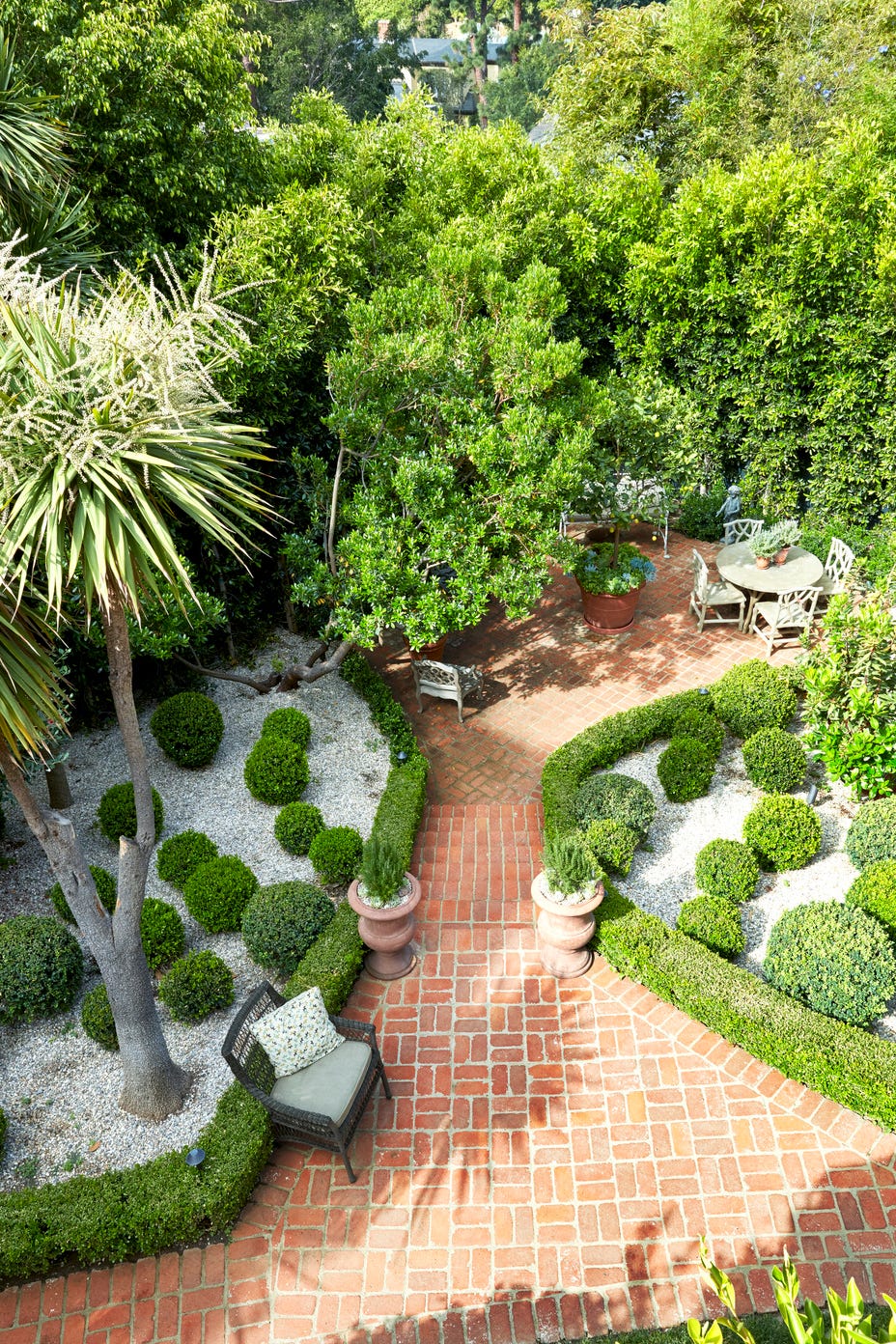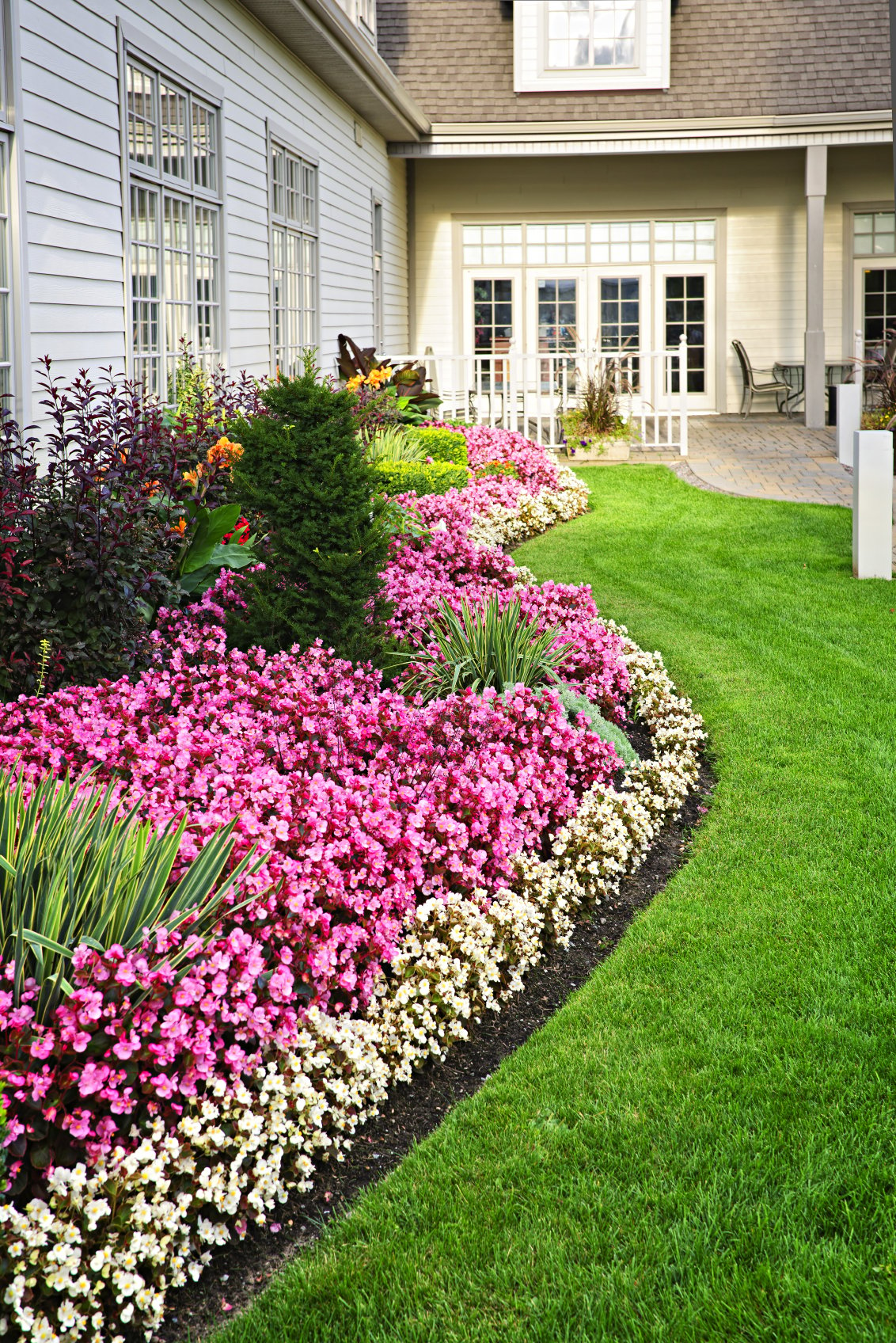Landscaper Fundamentals Explained
Landscaper Fundamentals Explained
Blog Article
Landscaper: Change Your Outdoor Space With Expert Garden Style And Lawn Enhancement Services
Style Concepts and Elements in Landscaping
Have you ever roamed through a garden that seemed like a secret poem whispered by nature itself? That sense of harmony and balance doesn't occur by accident. It's the mindful orchestration of style principles and aspects that change a spot of earth into a living masterpiece. When you consider landscaping, what enters your mind initially? Color? Texture? Area? These elements are the fibers woven into the fabric of every effective landscape.
Balance and Unity: The Foundation of Landscape Style

Balance can be symmetrical, where each side mirrors the other like a perfectly folded origami, or unbalanced, where contrasts produce vibrant tension-- think about a lone oak standing tall against a cluster of wildflowers. Unity ties everything together, guiding the eye smoothly from one feature to another. Ever discovered how a well-designed garden never ever feels disorderly however rather welcomes calm expedition?
Crucial Element to Consider
- Line: It directs motion-- curved paths welcome leisurely strolls, while straight lines suggest formality.
- Texture: Rough bark juxtaposed with soft grass adds sensory depth.
- Color: Beyond aesthetic appeals, color influences mood-- lively reds energize, while cool blues relieve.
- Scale and Percentage: An imposing sculpture dwarfs fragile shrubs, so size relationships need to balance.
- Focal Points: Whether a water function or a striking tree, focal points anchor the area visually.
Using These Principles: An Individual Tale
Once, redesigning a backyard, I faced a stubborn problem: how to create a sense of enclosure without blocking the view. Rather of erecting a fence, I planted a staggered row of evergreens with differing heights-- a subtle play on proportion and scale. The outcome was a natural screen that seemed like a relaxing nook instead of a barrier. Isn't it fascinating how thoughtful application of style aspects can solve useful difficulties while enhancing charm?
| Concept | Effect | Example |
|---|---|---|
| Balance | Develops harmony | Balanced flower beds |
| Unity | Visual cohesion | Consistent plant theme |
| Focal Point | Draws attention | Water water fountain |
| Scale | Proportional components | Big trees with small shrubs |
| Texture | Varied sensory feel | Mix of rough stones and smooth leaves |
Exploring Diverse Landscaping Designs
Why go for a cookie-cutter garden when nature offers a palette of styles as varied as the seasons? From the peaceful zen gardens of Japan to the wild, untamed appearance of naturalistic landscapes, each style shapes not simply the soil, however the soul of your outdoor space. Do you long for order or chaos in your greenery?
Popular Landscaping Styles and Their Essence
- Formal Gardens: Proportion and precision rule. Envision walking through a maze of perfectly clipped hedges where every corner whispers precise care.
- Cottage Gardens: Overruning with color and beauty, this design welcomes spontaneity, similar to an artist's canvas splashed with vibrant blooms.
- Desert Landscaping: Welcome drought-resistant plants and stones; a nod to durability in arid climates, where every element narrates of survival.
- Modern Minimalist: Tidy lines, basic shapes, and restrained plant palettes produce a tranquil, practically meditative area-- less truly is more here.
Specialist Tips for Picking Your Design

- Assess your soil and environment-- does the style thrive naturally, or will you combat versus environment daily?
- Match the landscaping style to your way of life; do you desire a low-maintenance retreat or a hands-on job?
- Consider the architectural design of your home-- does your garden echo or contrast with your home?
- Usage native plants where possible; they provide environmental balance and minimize the need for excessive watering or fertilizing.
Ever discovered how some landscaping develops tell a story while others simply decorate? The secret depend on thoughtful layering-- blending textures, heights, and colors to craft a living narrative. A friend once regreted her garden's lack website of character up until she introduced a winding path lined with aromatic herbs. Unexpectedly, every check out became a sensory journey, not just a visual experience.
Important Tools and Devices for Mastering Landscaping
Ever attempted wrestling with a persistent root without a pruning saw - Landscaping.?. !? It resembles trying to paint a work of art with a broom. The right tools do not just make the task easier-- they transform your entire technique to landscaping
Think about the modest spade. It's more than simply a hole-digger; a sharp, well-balanced spade can sculpt the earth with skill, whether you're edging a flower bed or transplanting a fragile shrub. But beware: dull edges turn effort into frustration.
Essential Hand Tools
- Hand trowels for precise planting
- Ergonomic loppers to prune without pressure
- Garden forks that aerate soil, boosting root growth
- Weeders that slip under pesky invaders without disturbing neighbors
Power Devices That deserves the Investment
When surface gets tough, a rototiller breathes life into compressed ground, turning hardpan into a welcoming bed for seeds. However even with contemporary makers, understanding soil texture and moisture material stays crucial-- straining the earth can lead to compaction, the quiet opponent of healthy landscaping.
| Devices | Finest Use | Professional Tip |
|---|---|---|
| Hedge Trimmers | Shaping bushes and hedges | Cut during dry weather condition to prevent fungal infections |
| Wheelbarrow | Transporting soil, mulch, and plants | Balance loads evenly to reduce back pressure |
| Leaf Blower | Clearing debris rapidly | Use early morning or late evening to reduce disruption |
Have you ever observed how the tiniest tool can pivot your landscaping experience? A set of quality gloves guards your hands but also supplies unforeseen grip, making each task smoother (Landscaping Near Me). The secret lies in combining the right devices with method-- sharp tools wielded with care outperform strength any day
Ecological Impact and Sustainability in Landscaping
Have you ever paused to think about how much water your garden guzzles throughout a dry spell? Water conservation isn't simply a buzzword-- it's a lifeline for sustainable landscaping. When plants are chosen without regard to local environment, the thirst they demand can drain pipes resources faster than one might picture. I remember a task where native drought-resistant plants changed a parched lawn into a lively sanctuary, slashing water usage by over 40%. Why choose thirsty exotics when nature's own palette thrives with less?
Soil Health: The Unsung Hero

Soil isn't just dirt; it's a living tapestry bristling with microorganisms that govern plant health and carbon sequestration. Overlooking soil degradation resembles building a home on sand. Composting organic waste and integrating cover crops can revitalize exhausted earth, improving nutrient biking and water retention. Ever observed how mulching can concurrently suppress weeds and lock wetness in? That's the kind of double-duty technique that elevates sustainable landscapes.
Expert Tips to Enhance Eco-Friendly Landscaping
- Pick native or adaptive plants to minimize chemical inputs and irrigation needs.
- Incorporate rain gardens or bioswales to handle stormwater runoff effectively.
- Limitation hardscaping surface areas to prevent heat islands and promote groundwater recharge.
- Usage permeable products for paths and outdoor patios to motivate natural water seepage.
- Implement layered planting methods to simulate natural ecosystems and increase biodiversity.
Stabilizing Visual Appeals with Ecology
Can a garden be both a feast for the eyes and a sanctuary for wildlife? Definitely. I've experienced landscapes where pollinator-friendly plants draw in bees and butterflies, turning yards into buzzing ecosystems. This isn't just a feel-good gesture; it aids in environment repair, assisting native types rebound. The secret depend on thoughtful design that embraces flaw-- leaves delegated decay, wildflowers enabled to flower untamed.
| Practice | Environmental Advantage | Application Tip |
|---|---|---|
| Rainwater Harvesting | Decreases safe and clean water use | Install barrels connected to downspouts |
| Native Plant Selection | Supports regional animals and reduces irrigation | Speak with regional plant guides |
| Organic Mulching | Improves soil wetness and fertility | Use shredded leaves or bark |